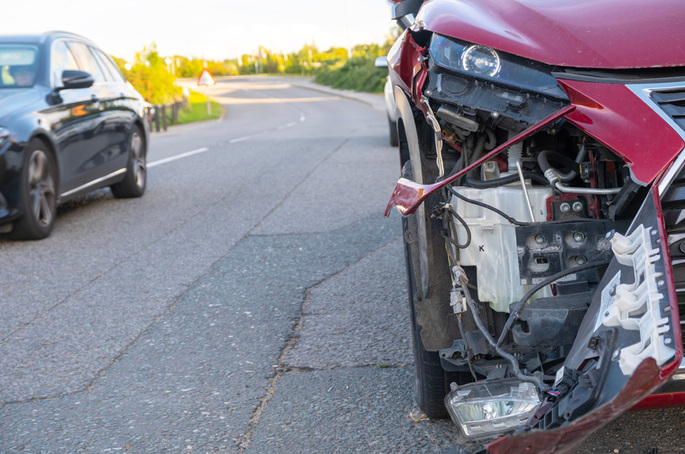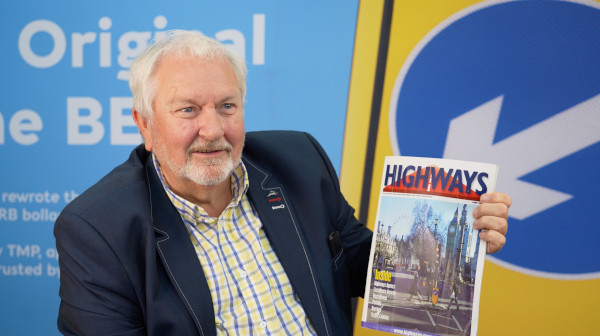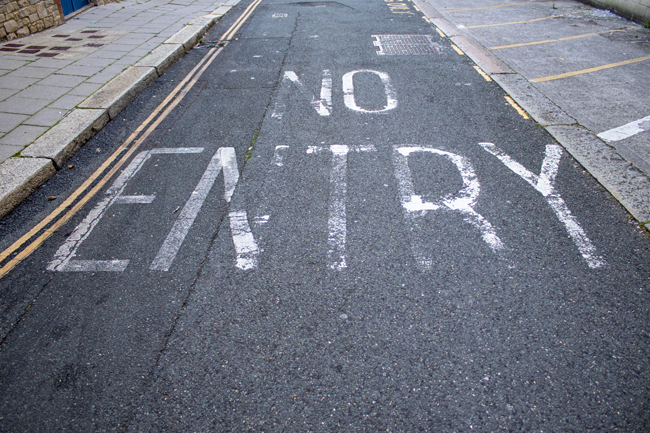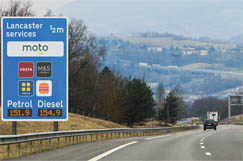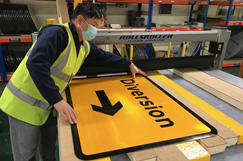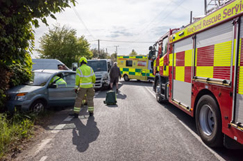New research from the Department for Transport (DfT) has shown that support for victims of road traffic collisions could be improved with enhanced promotion, consistency and funding, as well as a more consistent service for all victims and ‘bereaved individuals'.
Published earlier this week, the report – Post road traffic collision support: Understanding the post road traffic collision victim support landscape in England and Wales – outlines what support is currently available, what has been working well according to stakeholders, but also notes areas in which stakeholders feel that improvements could be made.
The report highlighted six key areas that could improve:
- Promotion and awareness
- Funding
- Consistency in delivery
- Improved processes for victims
- Support for all
- Support for bereaved individuals
Report authors Frontier Economics and SYSTRA, working on behalf of the DfT, found more people needed to be made aware of the services that are currently available, but noted that barriers such as a lack of time and funding have limited this.
Funding was also considered an issue for the delivery of services in general, with interviewees suggesting that greater funding would make the support more consistent across England and Wales and allow it to be made available to more people.
In terms of consistency, one respondent suggested that currently, victims are subject to a ‘postcode lottery' when it comes to accessing support. One of the recommendations from a policy paper (UK Road Safety and Mobility Experts, 2021) was for a standards-driven national road victims service, which would be immediately accessible to victims through the police.
Some focus was also given to legislative changes that could help improve the processes for victims; one suggestion was to extend the Victims' Commissioner for London's brief to include victims of road crimes and victims of collisions where no crime has been committed.
Another stakeholder suggested that greater support could be provided if collision victims were ‘treated as victims of crime until the contrary is proven', as they would be able to obtain the same support that is offered to ‘other victims of crime'.
According to one study, friends and family of those killed in traffic collisions often struggle to access support. One study suggested that a possible explanation for this could be that healthcare professionals were unsure about how to deal with bereavement, particularly in relation to bereaved children.
The same study found that some bereaved individuals reported that they were not offered any support, with some saying they felt they were subject to mistreatment from staff within different organisations such as hospitals, schools and support providers.
Full details of the report can be found here.

